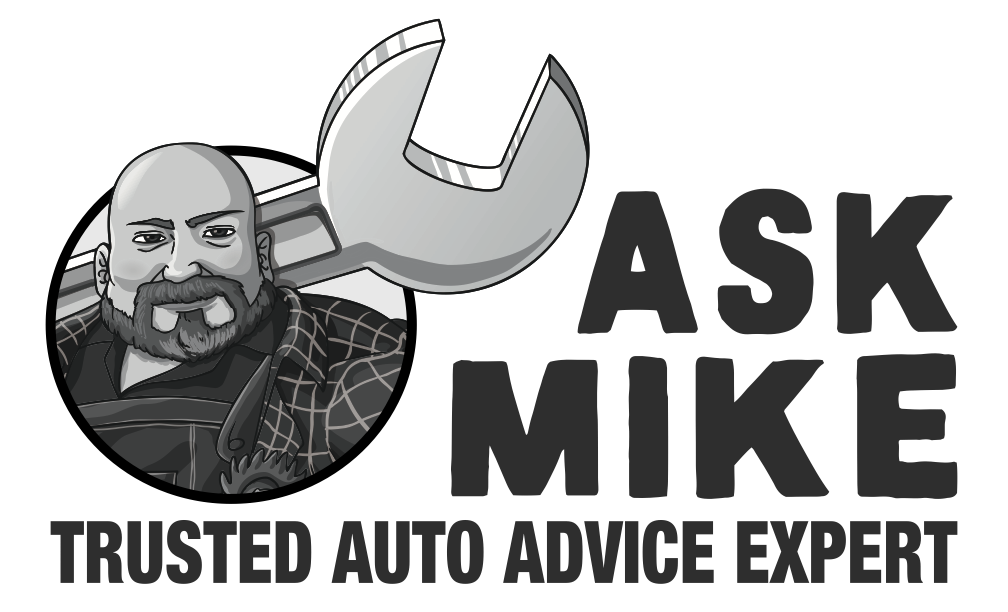Dear Mike,
I recently got my oil changed and the mechanic asked me if I wanted conventional or synthetic oil. I had no idea there were different types. Can you explain why there are different oils for vehicles and which one is right for mine?
Thanks,
Nigel
Hey Nigel,
It’s great to hear you’re taking care of your car and keeping up with routine maintenance like oil changes. As for your question about different types of oil, let me break it down for you.
First, there are two main components of motor oil: base oil and additives. Additives perform functions like reducing wear and oxidation, cleaning up dirt/combustion by-products, and protecting against high and low temperatures. Conventional oil is made from crude oil, while synthetic oil is manufactured in a lab.
So which one should you choose? Well, it depends on your vehicle’s manufacturer recommendation and your driving habits. For example, if you frequently drive in extreme temperatures or have an older engine with higher mileage, synthetic oil may be a better choice as it provides better performance and protection. But if your vehicle is newer and you stick to regular driving conditions, conventional oil may suffice.
But here’s the kicker – don’t just rely on the common 5,000km standard between oil changes. Valvoline recommends drivers consult their owner manual regarding both frequency of oil changes and what kind of oil to use. If you go longer between oil changes than the manufacturer recommends, the contaminants will stay in the oil and can cause damage.
Here’s an analogy for you. Imagine your car’s engine is like a person’s digestive system. Would you put junk food and soda in your body and expect it to function optimally? Of course not. Just like it’s important to fuel our bodies with the right nutrients, it’s crucial to give our cars the right oil to keep them running smoothly.
So the next time you get your oil changed, make sure to ask your mechanic what kind of oil they’re using and why. And don’t be afraid to consult your owner manual for the manufacturer’s recommendation.
Hope this helps keep your car running smoothly, Nigel. Happy driving!
Best,
Mike Urban
